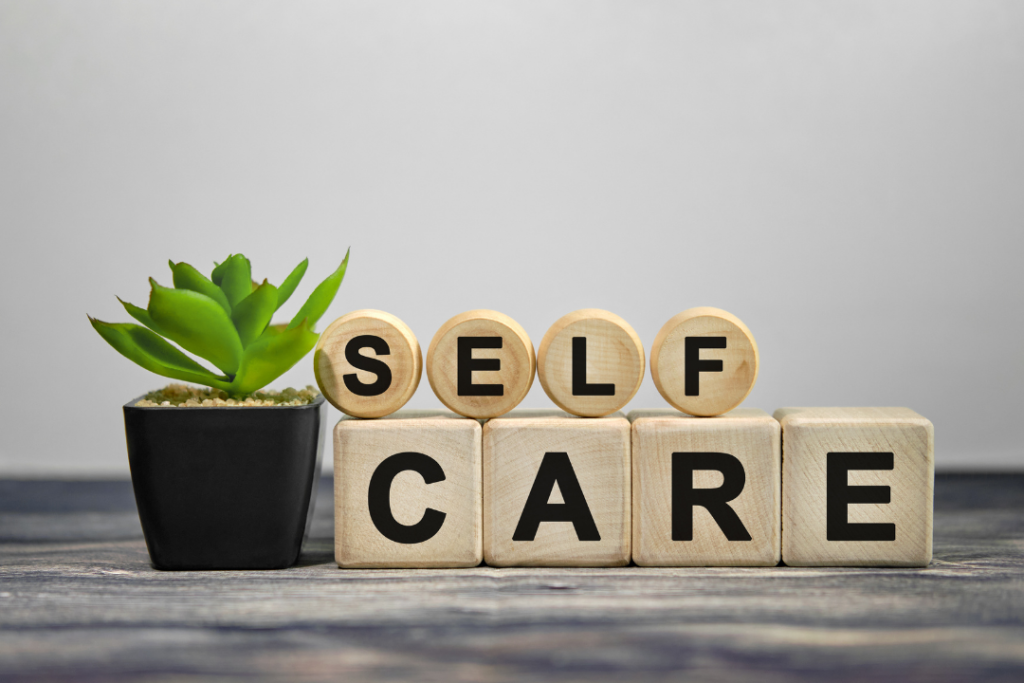How to deal with toxic people calmly

Encountering toxic people is an unfortunate reality in both personal and professional life. Their negative energy, manipulative behavior, and constant criticism can take a toll on your mental and emotional well-being. However, dealing with toxic individuals doesn’t have to lead to stress, conflict, or burnout. By learning how to respond calmly, you can protect your peace and maintain healthy boundaries. Here’s a guide to handling toxic people with grace and composure.
1. Recognize Toxic Behavior

The first step to dealing with toxic people is recognizing the signs. Toxic behavior often includes constant negativity, criticism, manipulation, passive-aggressiveness, and an inability to respect boundaries. These individuals may try to guilt you, provoke arguments, or drain your energy. Identifying these behaviors early allows you to respond thoughtfully rather than react impulsively. Remember, awareness is your first line of defense.
2. Stay Emotionally Detached
Toxic people often thrive on emotional reactions. When you respond with anger, frustration, or fear, you give them power. One effective way to remain calm is by practicing emotional detachment. This doesn’t mean ignoring your feelings but rather observing the situation without letting it control your emotional state. Techniques like deep breathing, mindfulness, or counting to ten before responding can help you maintain composure.
3. Set Clear Boundaries
Boundaries are essential when dealing with toxic individuals. Clearly communicate what behavior is unacceptable and what consequences will follow if those boundaries are crossed. For example, if someone constantly interrupts or belittles you, let them know calmly but firmly that you will not tolerate such behavior. Setting boundaries protects your mental space and signals to the other person that their toxicity will not control you.
4. Limit Your Exposure

Sometimes, the best way to deal with toxic people is to limit your interaction with them. This is especially important when dealing with individuals whose behavior consistently drains your energy. You don’t always have to confront them; reducing time spent together can prevent unnecessary stress. In work settings, this may mean delegating tasks or avoiding unnecessary meetings. In personal relationships, it could involve spending less social time with the person or taking breaks from conversations.
5. Practice Assertive Communication
When you need to address toxic behavior, assertive communication is key. Avoid passive responses, which can encourage further toxicity, and aggressive responses, which escalate conflicts. Instead, use clear, direct language to express your feelings and needs. For example, say, “I feel disrespected when you speak to me that way, and I need our conversations to be more respectful.” This approach emphasizes your feelings without attacking the other person, reducing the chance of confrontation.
6. Don’t Take It Personally
Toxic behavior often stems from the other person’s insecurities, past experiences, or unmet needs. Remember that their negativity is a reflection of them, not you. By not internalizing their behavior, you maintain your self-esteem and reduce emotional stress. Remind yourself regularly that you are not responsible for their actions or moods.
7. Focus on Self-Care

Dealing with toxic people can be exhausting, so prioritizing self-care is crucial. Engage in activities that recharge your energy, such as exercise, meditation, journaling, or spending time with supportive friends. Maintaining physical and emotional health strengthens your resilience and equips you to handle difficult interactions calmly.
8. Seek Support When Needed
If a toxic relationship becomes overwhelming, don’t hesitate to seek support. Talking to a trusted friend, family member, or mental health professional can provide perspective and guidance. Professional counseling or therapy can offer strategies for managing difficult people while protecting your mental well-being.
9. Know When to Walk Away
Sometimes, no amount of calm communication or boundary-setting can change a toxic person. In such cases, the healthiest choice is to distance yourself or cut ties entirely. Ending toxic relationships is not a failure—it’s a courageous step toward safeguarding your peace and happiness.
Conclusion
Dealing with toxic people calmly is less about changing them and more about protecting yourself. By recognizing toxic behaviors, maintaining emotional detachment, setting boundaries, and practicing self-care, you can navigate challenging relationships without losing your inner peace. Remember, your calmness is your power. While you may not control others’ actions, you always control your response. Embrace that control, and you’ll find that toxic people have far less influence over your life than they might hope.

